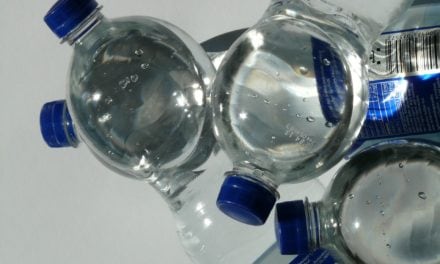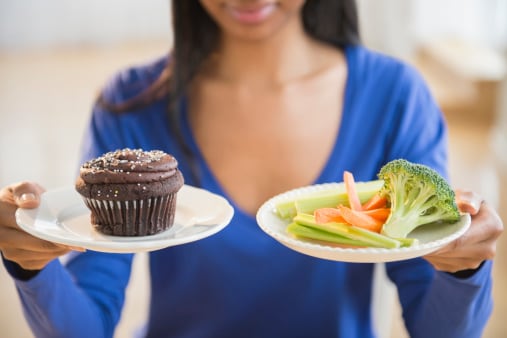Got Milk? Prevent Knee Osteoarthritis
Nothing cramps a sister’s style (and makes it impossible to strut in a pair of heels) like arthritis. You may associate achy knees with your grandmother, but osteoarthritis of the knee affects nearly 27 million Americans over age 25, and African American women have the highest lifetime risk of all groups of men and women.
We’re also more likely to need knee-joint replacement. This incredibly high rate has little to do with our biological inheritance. The most pressing problem is weight. If you are overweight or obese and you do not exercise, the extra pounds place tremendous strain on your knees. As a result, the knee joints deteriorate quickly.
But it also helps to have strong bones. A new study, published in the journal Arthritis Care & Research, shows that women who frequently drink low-fat or fat-free milk may be able to delay the onset of knee arthritis.
For the study, 1,260 women with knee osteoarthritis went from no consumption of low-fat milk, to 4–6 and then 7, 8-ounce glasses a week. Researchers found a consistent and ongoing reduction in the deterioration in their knee joints as the study progressed. But just consuming a dairy product did not seem to help. Women who ate cheese, for example, saw increased osteoarthritis progression — suggesting that the nutritional composition of milk (perhaps it’s the dose of vitamin D) was especially protective.
A new study from Northwestern reports that starting your day with just 20 to 30 minutes of bright light can help you lose weight. Dimly lit interiors won’t do the trick, so try an early morning stroll. Outdoor light is bright enough to increase your metabolism, even on a cloudy day.
Stress Can Double Your Risk of Infertility
Few things can be more stressful than trying, and failing, to conceive a child. Now a new study from Ohio State University (OSU) suggests that stress may make it even more difficult to become pregnant.
Researchers, lead by OSU’s Courtney Denning-Johnson Lynch, director of reproductive epidemiology, followed 500 women, ages 18 to 40, with no previous history of infertility, for 12 months as the women attempted to conceive.
They found that the women with the highest levels of alpha amylase — a biological marker for stress — in their blood were 29 percent less likely to get pregnant each month. Women in the high alpha amylase group were also twice as likely to be diagnosed as infertile.
This is the second study to show a link between stress and infertility. Lynch advises that women who are trying to become pregnant try stress-management methods such as meditation or yoga. You may also benefit from this approach recommended by The Franklin Institute in Philadelphia. When you feel under pressure:
▪ Visualize yourself in a tranquil place.
▪ Repeat a helpful quote or word.
▪ Try not to take things personally and refute negative thoughts.
▪ Get away from the noise. Find a place where you can retreat when you need peace.
▪ Do things that make you laugh as often as possible.
But Lynch also cautions women and couples not to blame themselves for fertility problems, noting that “stress is only one factor that contributes to infertility.”









